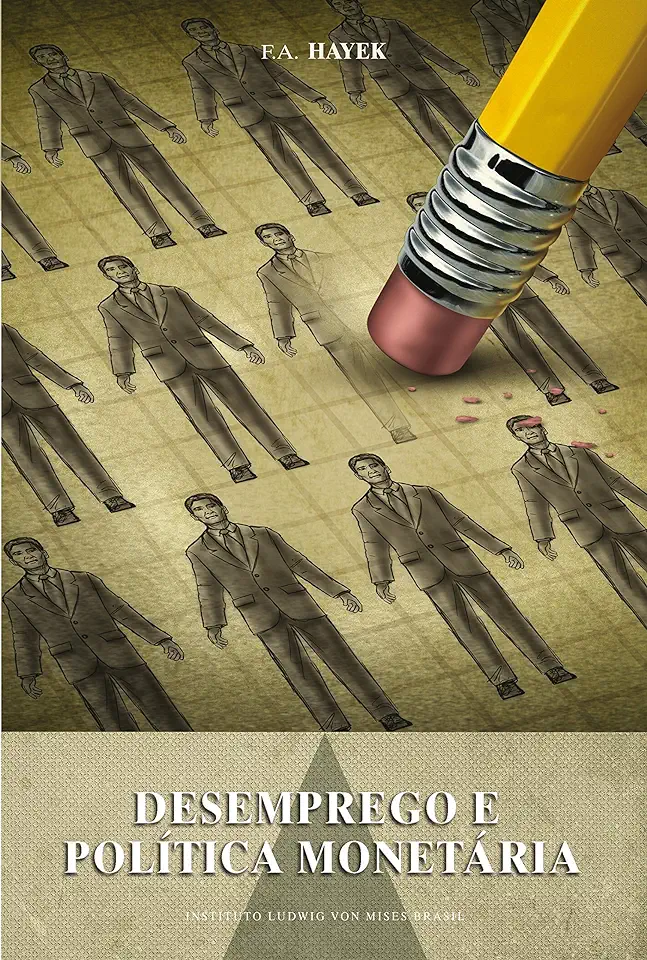
Unemployment and Monetary Policy - F. A. Hayek
Unemployment and Monetary Policy
Introduction
In his seminal work, "Unemployment and Monetary Policy," F. A. Hayek argues that the Great Depression was caused by monetary policy errors made by central banks. He contends that the central banks' attempts to stimulate the economy by increasing the money supply actually led to a decrease in investment and an increase in unemployment.
The Causes of the Great Depression
Hayek argues that the Great Depression was caused by a combination of factors, including:
- The collapse of the stock market in 1929: This led to a loss of confidence in the financial system and a decrease in investment.
- The Smoot-Hawley Tariff Act of 1930: This raised tariffs on imported goods, which led to a decrease in international trade and a further decline in investment.
- The Federal Reserve's tight monetary policy: The Fed raised interest rates in an attempt to slow down the economy and prevent inflation. However, this actually made it more difficult for businesses to borrow money and invest, which led to a further decrease in investment and an increase in unemployment.
The Role of Monetary Policy
Hayek argues that monetary policy is a powerful tool that can be used to either stimulate or slow down the economy. However, he warns that central banks must be careful not to use monetary policy in a way that leads to unintended consequences, such as inflation or unemployment.
The Importance of Sound Money
Hayek argues that sound money is essential for a healthy economy. He defines sound money as money that is stable in value and that is not subject to manipulation by the government. He contends that sound money is necessary for economic growth and prosperity.
Conclusion
Hayek's analysis of the Great Depression and his recommendations for sound monetary policy are still relevant today. His work is a must-read for anyone who wants to understand the causes of economic crises and how to prevent them.
Why You Should Read This Book
"Unemployment and Monetary Policy" is a classic work of economics that has stood the test of time. It is a must-read for anyone who wants to understand the causes of economic crises and how to prevent them. Hayek's analysis of the Great Depression is particularly relevant today, as the world economy faces a number of challenges, including rising inflation and increasing debt levels.
Hayek's book is also a valuable resource for anyone who is interested in learning more about monetary policy. He provides a clear and concise explanation of how monetary policy works and how it can be used to influence the economy. Hayek's insights are particularly valuable for policymakers who are responsible for making decisions about monetary policy.
If you are interested in learning more about economics, monetary policy, or the Great Depression, then I highly recommend reading "Unemployment and Monetary Policy." It is a thought-provoking and insightful book that will challenge your thinking about the economy.
Enjoyed the summary? Discover all the details and take your reading to the next level — [click here to view the book on Amazon!]